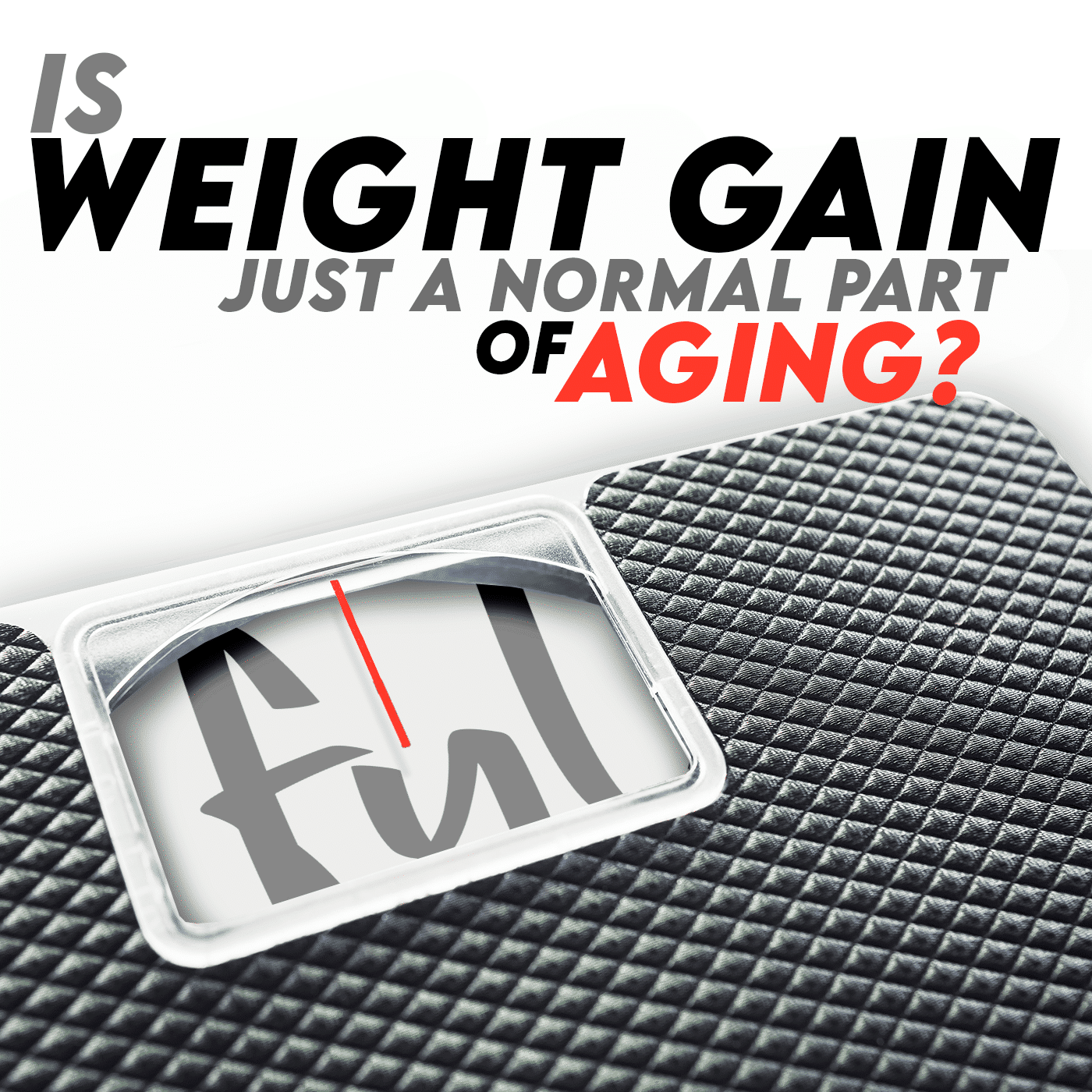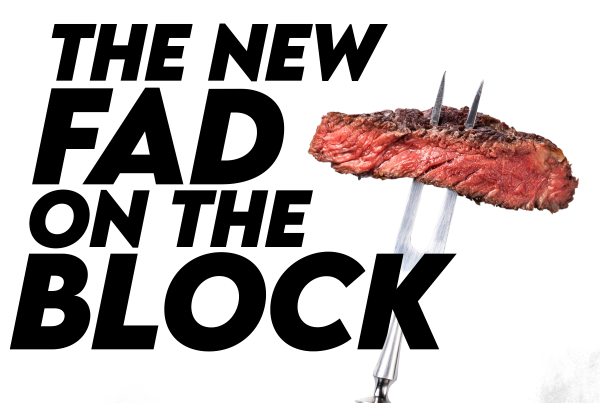Maybe you’ve noticed the scales slowly creeping up each year for decades. Perhaps you’ve never had a problem losing or maintaining your weight until now. Maybe you retired 12 months ago, and you’ve suddenly gained weight. You’re not imagining things; it does get harder to manage your weight as you age! Weight gain as we age is a common complaint and many factors have an influence, including; genetics, hormones, physical activity levels, lifestyle and diet. Some of these are modifiable factors and some aren’t.
Whilst there isn’t much you can do about your genetics, many of these are modifiable factors or there are things you can do to help. Here we are going to discuss what changes occur and what you can do about them.
Hormones
Age-related changes to hormones can influence our weight and body composition. These not only support weight gain but also change the way/how you gain weight! I’m talking about that pot belly.
For both men and women, growth hormone, as well as the sex hormones (testosterone and oestrogen), decline from middle age onwards. These hormones influence muscle mass, strength and body fat distribution. The role of these hormones in maintenance of muscle mass makes it much harder for your body to build and maintain muscle as you age. How this affects your weight, is by reducing the amount of energy you need to maintain your body weight every day. This reduction in muscle results in a slower metabolic rate and even without doing anything different with your diet or activity levels, you will gain weight/body fat.
Whilst you can’t control what your hormones do, you can certainly take steps to try and minimise the impact they have on your body.
Tips for Prevention:
- Include strength training (speak with a qualified Exercise Physiologist on how much you need to do across the week for optimum benefit)
- Distribute your protein intake (meat, chicken, seafood, eggs, low fat dairy products) over 3-4 meals/snacks across the day
Physical Activity
As we age, we do tend to move less, which does contribute to gradual weight gain. As mentioned above, physical activity plays an integral role in helping to combat the changes in body composition brought on by those hormonal shifts, as it helps us to maintain our muscle mass. Therefore, to combat these effects, resistance training is essential for healthy aging in the prevention of muscle mass losses as well as maintaining a higher metabolic rate with age.
Nutrition
Maybe you’ve made a habit of frequenting your local café for morning tea and a slice of cake or a biscuit. Perhaps you’ve moved into a retirement village and there are always functions involving food. Maybe you enjoy a few or more wines and nibbles during ‘happy hour’. These changes to your routine may not seem like a lot but they do accumulate and will often make it even harder to maintain your body weight and prevent the drive for weight gain.
Tips for Prevention:
- Keep a food and drink diary for 1 week to check how often you are sneaking in extras
- Keep snacking to once per day – unless you require otherwise
As you can see there are a number of factors that influence weight with age. The good news is that many of them are modifiable factors. You can take charge. If you feel like you need help with this, it may be time to talk to one of our dietitians.







